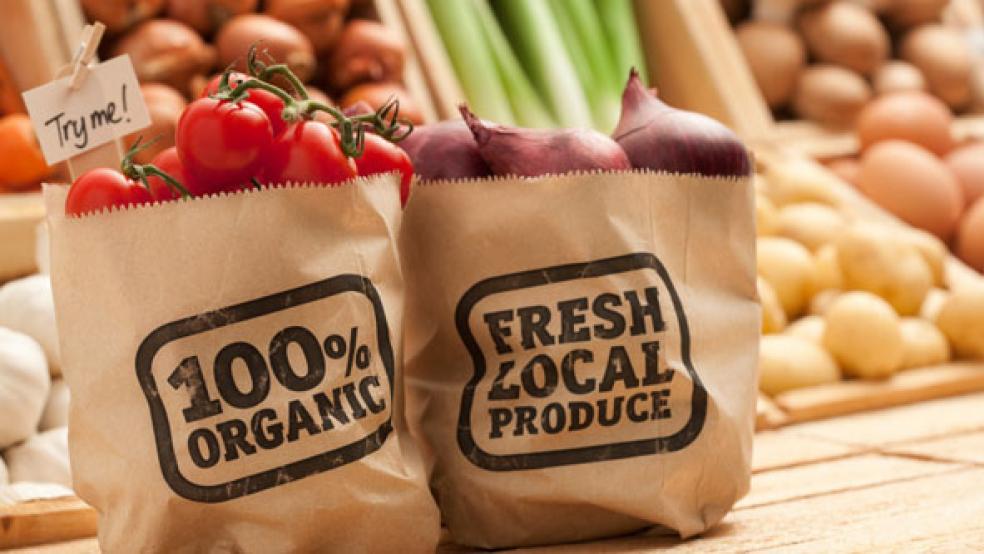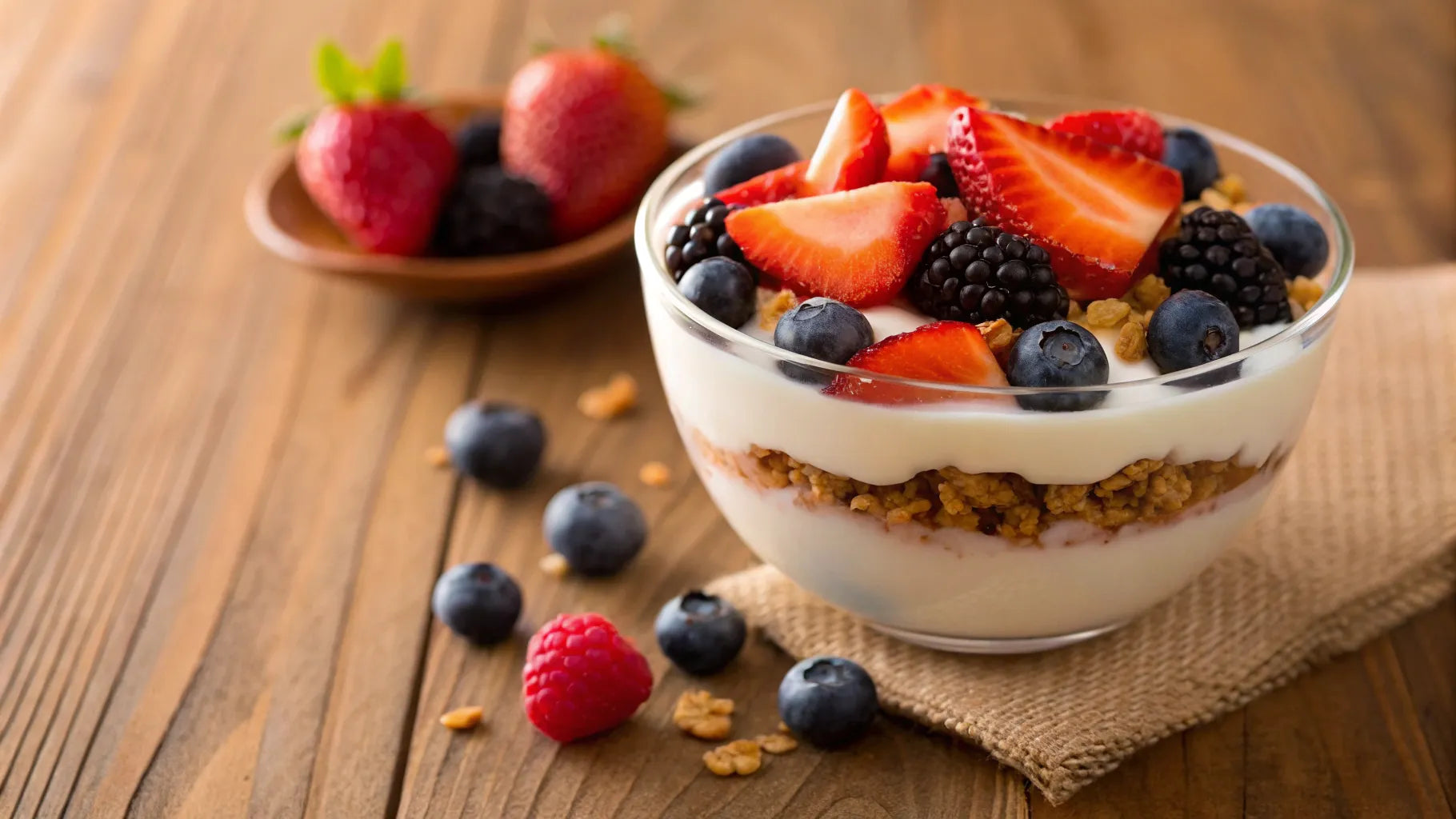Is It Worth Paying For Organic Groceries?

Organic groceries have become increasingly popular over the past few years, and with good reason. Not only can they be healthier than their non-organic counterparts, but they are also more sustainable in protecting our environment. But this often comes at a price – so should you be paying for organic groceries? This blog will weigh the pros and cons of buying organic produce by looking at a Waitrose christmas food order to get online or even searching Waitrose near me, food delivery services and more. Then, with facts, figures and case studies, we’ll provide you with everything you need to make an informed decision about whether or not it’s worth it for your wallet – and your health.
What is considered organic food?
Organic food is a type of food that has been produced without using synthetic fertilisers, pesticides, growth hormones, or genetically modified organisms. The most commonly desired organic foods are fruits, vegetables, nuts, and grains. By eating organic produce, one can be sure they are consuming healthy and safe food with natural nutrients intact. Furthermore, organic farming helps sustain ecosystems by creating healthy soil with crop rotation and composting practices. With more awareness about what constitutes organic food and the implementation of responsible farming practices, buying organic foods empowers people to enjoy tastier meals while protecting our planet’s resources.
Why you should make the switch
Switching to organic food can provide numerous benefits for your health and well-being. Not only is organic food free of artificial ingredients, toxic synthetic pesticides, and dangerous growth hormones, but consuming nutrient-dense food can give you the energy needed to lead a thriving life. In addition, eating organic has many physical advantages, including a lowered risk of allergies, digestive problems, and cancer. Research also suggests that eating organic ingredients such as fresh fruits and vegetables may reduce infertility in women and improve overall physical performance. Additionally, going organic has an environmental impact since these farms use sustainable practices that support soils and protect wildlife habitats. Ultimately, switching to organic food can result in improved physical health, increased fertility levels, and more positive environmental impacts for years to come.
Here are a few things to consider if you are buying organic groceries
When purchasing organic groceries, there are several factors you should keep in mind. Firstly, check the labels on items to determine what makes them organic. For example, the article may be certified “USDA Organic”, or another symbol or process may verify it. Additionally, research suppliers to ensure that the origin of the products is from a trusted source. At times local farmers’ markets are a great way to purchase organic products without sacrificing quality. Lastly, if you’re on a budget, it might be possible to find some great deals if you look around.
Is Organic better than conventional food?
After researching the various attributes of both organic and conventional food, it can be concluded that organic food is better than traditional food. Organic food contains fewer pesticides and other chemicals, is not altered by genetic engineering and is healthier overall. Organic farming methods also benefit the environment by not using synthetic fertilisers while encouraging biodiversity and soil fertility. Although organic food can sometimes be of a higher cost and may lack availability in certain stores, its benefits make it more desirable than conventional food for long-term health benefits. Therefore, if given a choice between organic and conventional foods, selecting organic is an obvious choice for those looking to improve their lifestyle.



